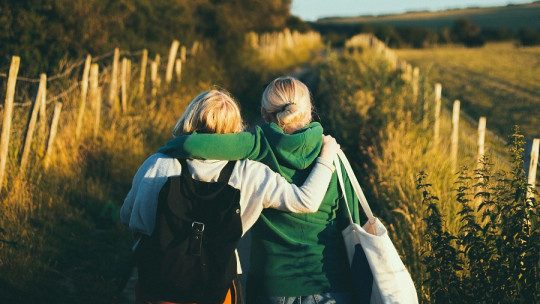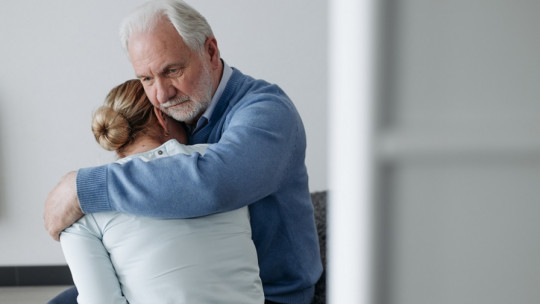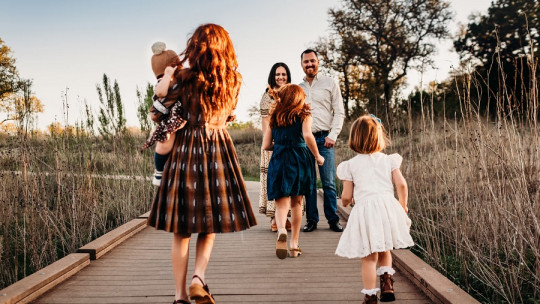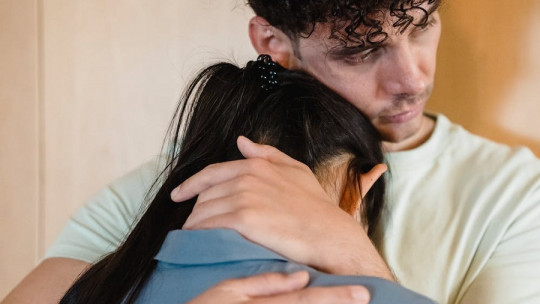
Have you ever felt obsessed with another person? As if it were an addiction. Are you so afraid of separating from someone because “you need them” by your side?
Many times we feel that the relationships we live seem straight out of a pop song… “Without you I am nothing”, “you are my life”, “I need you by my side” and many other statements that define us very well. a person who is experiencing emotional dependency
If the affirmations resonate with you, your way of thinking and deciding, this article will interest you and will help you manage your relationships and identify which ones are toxic and which are healthy. And the most important; how to work on the factors that lead us to dependency.
What do we understand by emotional dependence?
Emotional dependence is a behavioral addiction and therefore maladaptive, which involves loss of control, impulsivity and maintenance of behavior even if it has negative consequences.
A relationship where there is emotional dependence is defined as a toxic relationship, given the repercussions within the relational dynamics and the negative consequences on a personal level. Actions and thoughts are conditioned by the other person; The dependent person always seeks the approval of the other to strengthen the bond.
The dependence It can happen in friends and family, but it is more common in emotional relationships Therefore, it is very important to be aware of which relationships are healthy and which ones do not suit us.
When a relationship is balanced we feel movement in the give and take on both sides. In a healthy relationship we do not need the other person to manage our emotional world or to face daily life; However, we know that we have your support to share our fears and desires without being judged.
The adaptive support that we offer to the other person within a healthy relationship strengthens them and makes them freer to choose On the contrary, in a toxic relationship, she is not encouraged to “stay in the nest” for fear of the dangers of the outside world.
Causes and factors involved
But… How does a person begin to depend on another on an emotional level? Why do some people tend to be dependent and others not?
Some aspects that lead a person to enter into an emotionally dependent relationship are the need to have the other person close and be the focus of attention to achieve the desired personal excitement. The need for protection and support is also very common, negatively influencing the self-esteem, identity and general functioning of the dependent person.
These needs They usually appear as a result of a distorted self-concept of oneself, as well as unresolved emotional deficiencies which usually trigger a lack of self-esteem and fear of abandonment. In addition, many times we can find in the person’s history an important loss of a personal relationship or a job.
Identify an emotionally dependent person
When we talk about the characteristics of a dependent person we must keep in mind that all people are different and have our own individuality as a result of our personality and lived experiences. Therefore, you do not have to feel all the characteristics to feel that you depend on someone and it represents a difficulty in your personal area.
We’ll see now the most notable characteristics of a dependent person on an affective/emotional level:
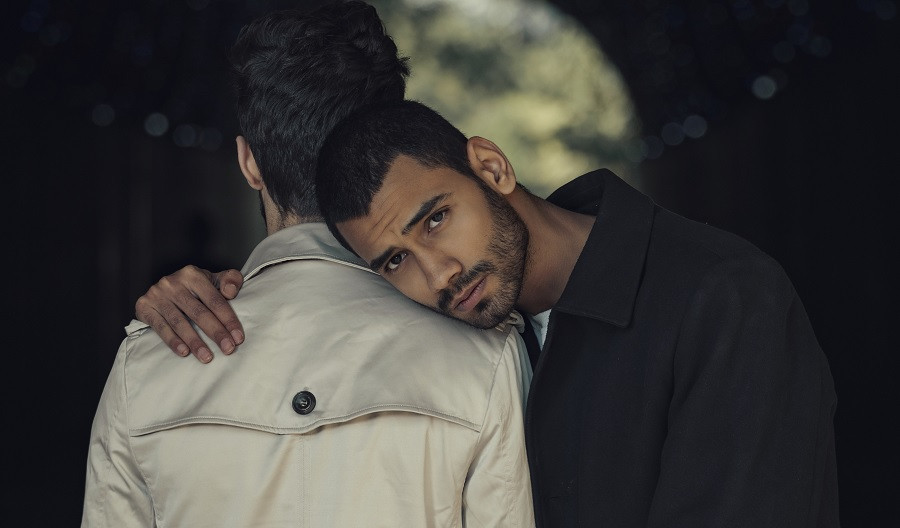
Manage your own emotional dependence
If you have identified with the characteristics of the dependent person, or think that you can work on some relational aspect to bond in a healthier way, pay attention! Next, I explain how to work on some of the previous points.
Being with oneself
Learn to relate to yourself Get to know yourself and learn what you find satisfying doing when you are alone. Make plans with yourself and organize pleasant activities that you want to do alone.
Control your fantasies
Identify which emotions are the result of your shortcomings and what thoughts are associated Perhaps you become disproportionately angry when the other person interacts with a third person, for fear of losing the relationship. The act of relating is adaptive and necessary; We are social by nature, but thinking that, by interacting with other people, we will lose our relationship is a fantasy built on a foundation of insecurities and lack of self-love.
Identify your shortcomings
Once you have realized the disproportionate emotions and how they have created a fantasy where you reflect your insecurities, It’s time to work on your shortcomings so as not to reflect them on the other person creating a destructive dynamic.
Work on self-knowledge
The first step to relate in a healthy way with our surroundings is know ourselves and understand our way of being and acting Only through personal growth will we be able to have security and learn to love ourselves, as well as bond freely and honestly.
- Related article: “How to make an emotions diary, step by step and with examples”
Take responsibility without blaming ourselves
The victim attitude will never favor the assertive adult who feels empowered and self-confident On the contrary, it favors the child who does not see himself capable of facing life on his own. As adults we have the power to decide what we want to improve or change to feel better, because here and now we are the only ones responsible for our actions and thoughts.
Conclusion
Now you know the importance of relating in a healthy way and what to do if we feel dependency in a relationship. Even if you don’t suffer from dependency, knowing it will help the people around you if they find themselves in this situation
The secret of healthy relationships is to stop our mind and observe ourselves; The presence of the other person gives us positive feelings and makes us grow on a personal level, even if alone we are capable of generating self-love and working on our emotional management. A relationship of any type, as long as it is healthy, adds and contributes to the relationship we have with ourselves.
Feeling that we need the other person to be strong and face our daily lives is emotional dependence. Sometimes it is not necessary to feel identified with all the characteristics mentioned in the article, but rather the feeling that we cannot do it alone is a symptom of discomfort with oneself, and that is why it is a reason to go to a psychologist who can guide us and accompany us along the way to live in a full and empowered way.
I want to emphasize that this article is an information tool and a resource for personal growth. If you feel that emotional dependence hinders and influences your daily life, do not hesitate to seek psychotherapy to guide you and work through the conflict.
Visit my Instagram and tell me what you thought of this article, if you have any questions and what you would like to read next.




